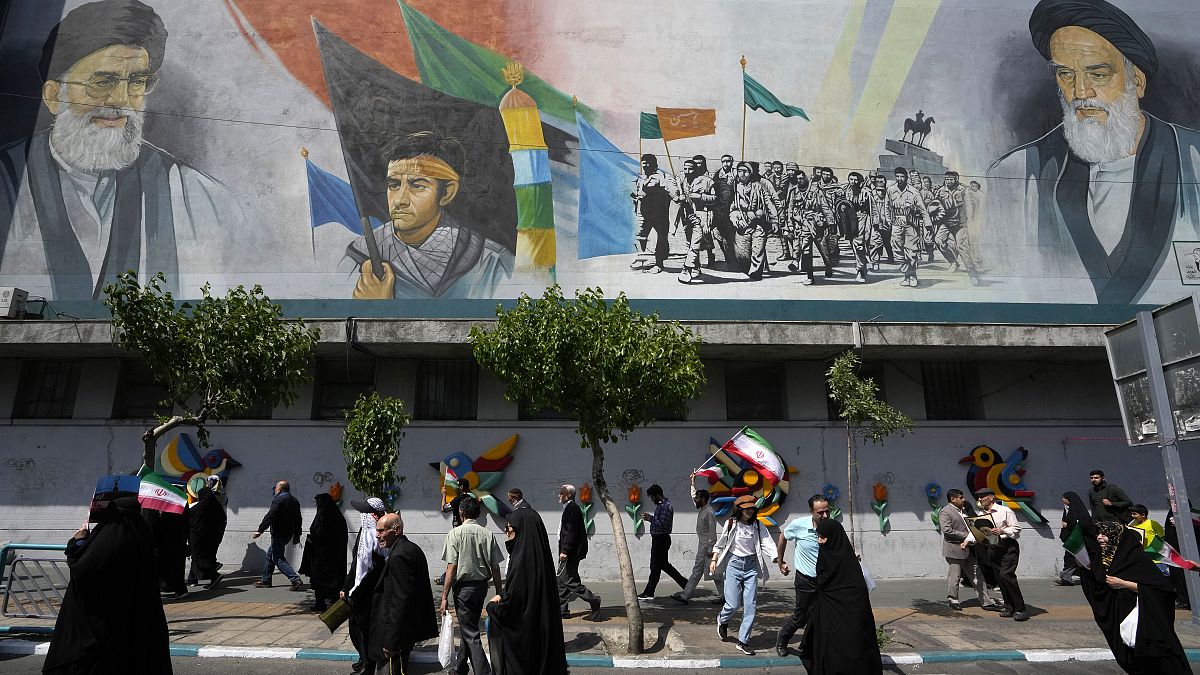Italian journalist Cecilia Sala was detained by Iranian police in Tehran while reporting in the Iranian capital on December 19th. Italy’s Foreign Minister, Antonio Tajani, has confirmed that Sala is in good health and negotiations are underway to bring her home. Sala, a contributor to various Italian outlets such as Il Foglio, Vanity Fair, and Wired, was taken to Tehran’s Evin Prison, a notorious facility for holding dissidents. Sala had arrived in Iran with a regular visa to report on the country she loves, but her sudden detention has sparked concerns about her safety and well-being.
Her employer, Il Foglio, has called for her immediate release, stating that journalism is not a crime and appealing to Iranian authorities to release Sala. Sala’s work as a journalist has been well-known in Italy, having produced episodes of her podcast during her time in Iran. She was scheduled to return to Rome on a specific date but stopped responding to messages on December 19th, leading to her detention. The Italian government has been in contact with Iranian authorities to ensure Sala’s basic necessities are being met and to facilitate her safe return to Italy.
The case of Cecilia Sala is not the first time a Western journalist has been detained in Iran. The country has a history of using prisoners with Western ties as bargaining chips in negotiations with other nations, similar to the 1979 US Embassy crisis. In previous instances, Americans and Western journalists have been detained by Iranian authorities for extended periods before being released in exchange for other prisoners or assets. Roxana Saberi and Jason Rezaian are just some examples of journalists who have been detained by Iran in the past, underscoring the risks journalists face when reporting in countries with restrictive press freedom.
The detention of Cecilia Sala has raised concerns about press freedom in Iran, as well as the treatment of foreign journalists in the country. Sala’s case highlights the challenges reporters face when working in countries with limited media freedom and the potential risks they take to uncover stories of public interest. Italian authorities are working diligently to secure Sala’s release and ensure her safe return to Italy, emphasizing the importance of protecting journalists’ rights to report freely without fear of persecution or detainment.
As negotiations continue between Italian and Iranian officials, the international community is closely monitoring Sala’s case and advocating for her swift release. The support from Sala’s colleagues in the media industry and the general public is crucial in raising awareness about the risks journalists face worldwide and the importance of safeguarding press freedom. The detention of journalists like Cecilia Sala serves as a stark reminder of the challenges faced by reporters who dedicate their lives to informing the public and holding those in power accountable for their actions.










